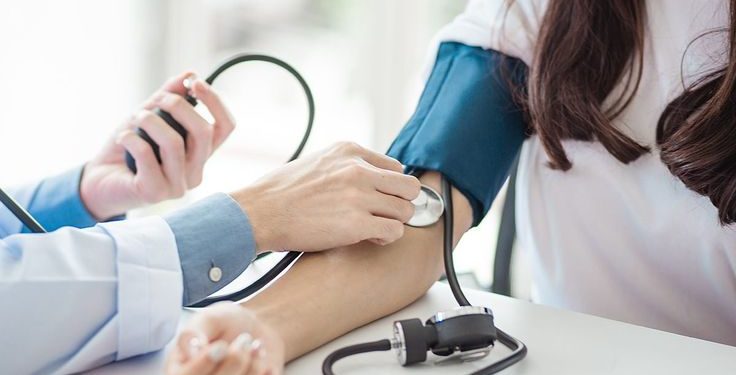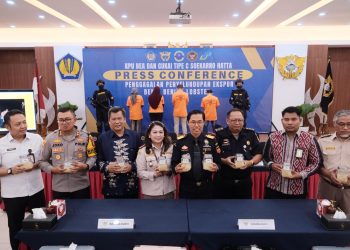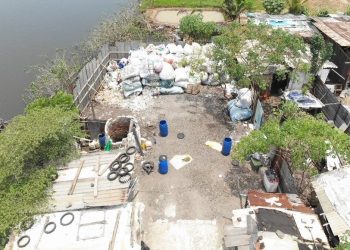Jakarta, Indonesia Sentinel — The Indonesian government is set to roll out its Free Health Checkup Program (PKG) starting February 2025. Aimed at providing accessible healthcare services, the program will allow citizens to undergo health screenings free of charge at local community health centers (Puskesmas).
Health Minister Budi Gunadi Sadikin emphasized that the initiative is part of the government’s efforts to expand access to healthcare across all levels of society.
“This free health checkup program is a government initiative for all Indonesians,” Minister Budi said in an official statement on Wednesday, January 22, 2024, as reported by Infopublik.id, .
One unique feature of the program is its free health checkup for individual celebrating their birthday, offering free health checkups as a gift from the government to the people. The program uses birthdays as an opportunity to remind individuals to undergo early health screenings to detect potential illnesses before they become serious.
Free Health Checkup Program
According to Indonesiaa.go.id, the PKG initiative includes three main components including:
- School Health Checkups: Health screenings for children aged 7–17 years, conducted at schools at the beginning of each academic year.
- Targeted Health Checkups: Targeted health screenings for pregnant women and children up to six years old, provided at community health centers and integrated health posts (Posyandu).
- Birthday Health Checkups: Free health screenings at Puskesmas for individuals outside the school-age group celebrating their birthdays.
The program is set to launch in February 2025, with an initial target of reaching 60 million participants, according to CNN Indonesia. Over the next five years, the government hopes to expand the program to benefit more than 200 million people.
How to Access the Free Health Checkups
Here’s a step-by-step guide to accessing the free health checkup services starting in February:
1. Download the SATU SEHAT App
Individuals must download the SATU SEHAT app on their smartphones and complete their personal information. They can then schedule a health checkup on their birthday.
For newborns, healthcare workers will register them through the ASIK (Aplikasi Sehat Indonesiaku) app. If applicant encounter any issues during registration, support is available via WhatsApp at +62 812-7887-8812.
2. Activate or Register for National Health Insurance (JKN)
Participants must be registered with the National Health Insurance (JKN) program to anticipate any health issues identified during the checkup. Registration or activation of JKN membership must be completed at least one month before the participant’s birthday.
Participants will receive reminders via WhatsApp at intervals: 30 days, 7 days, 1 day, and on their birthday. Seven days prior, they will also receive a self-screening questionnaire to complete.
For those over 40 or individuals with hypertension, fasting (water only) for 8–10 hours is recommended before undergoing the checkup.
3. Prepare Necessary Documents
Participants must bring the following documents to the health facility:
- Identification: KTP (for adults), Child Identity Card (KIA), or Family Card (KK).
- KIA booklet for toddlers and preschool-aged children.
- Health checkup ticket from the SATU SEHAT app or WhatsApp.
- Completed self-screening questionnaire (available via WhatsApp or the app).
4. Special Policy for January Birthdays
For individuals with birthdays in January, February, or March 2025, the government allows them to visit health facilities for free checkups until April 30, 2025.
Those with birthdays after March can visit their local health center up to 30 days after their birthday (H+30).
Read also : Core Tax System Available Starting January 1, Here’s How to Access!
A Step Toward Preventive Healthcare
This program marks a significant step in improving public health awareness in Indonesia. By providing free health checkups, the government aims to encourage individuals to prioritize regular health monitoring for themselves and their families.
Through initiatives like PKG, Indonesia hopes to foster a culture of preventive healthcare while ensuring equitable access to medical services for its citizens.


























